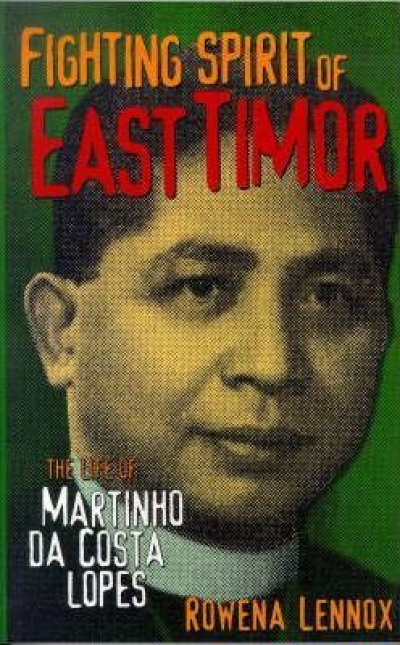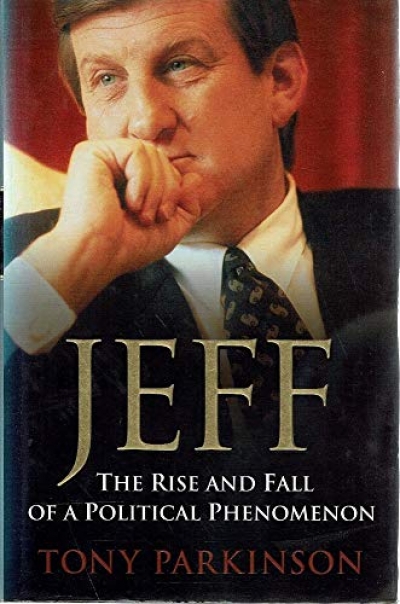Biography
A Witness to History: The life and times of Robert Arthur Broinowski by Richard Broinowski
by John Button •
The Fighting Spirit of East Timor: The life of Martinho da Costa Lopes by Rowena Lennox
by Richard Lunn •
Jeff: The rise and fall of a political phenomenon by Tony Parkinson
by Andrew Kaighin •
The Queen of Bohemia by Dulcie Deamer & An Incidental Memoir by Robin Dalton
by David McCooey •










